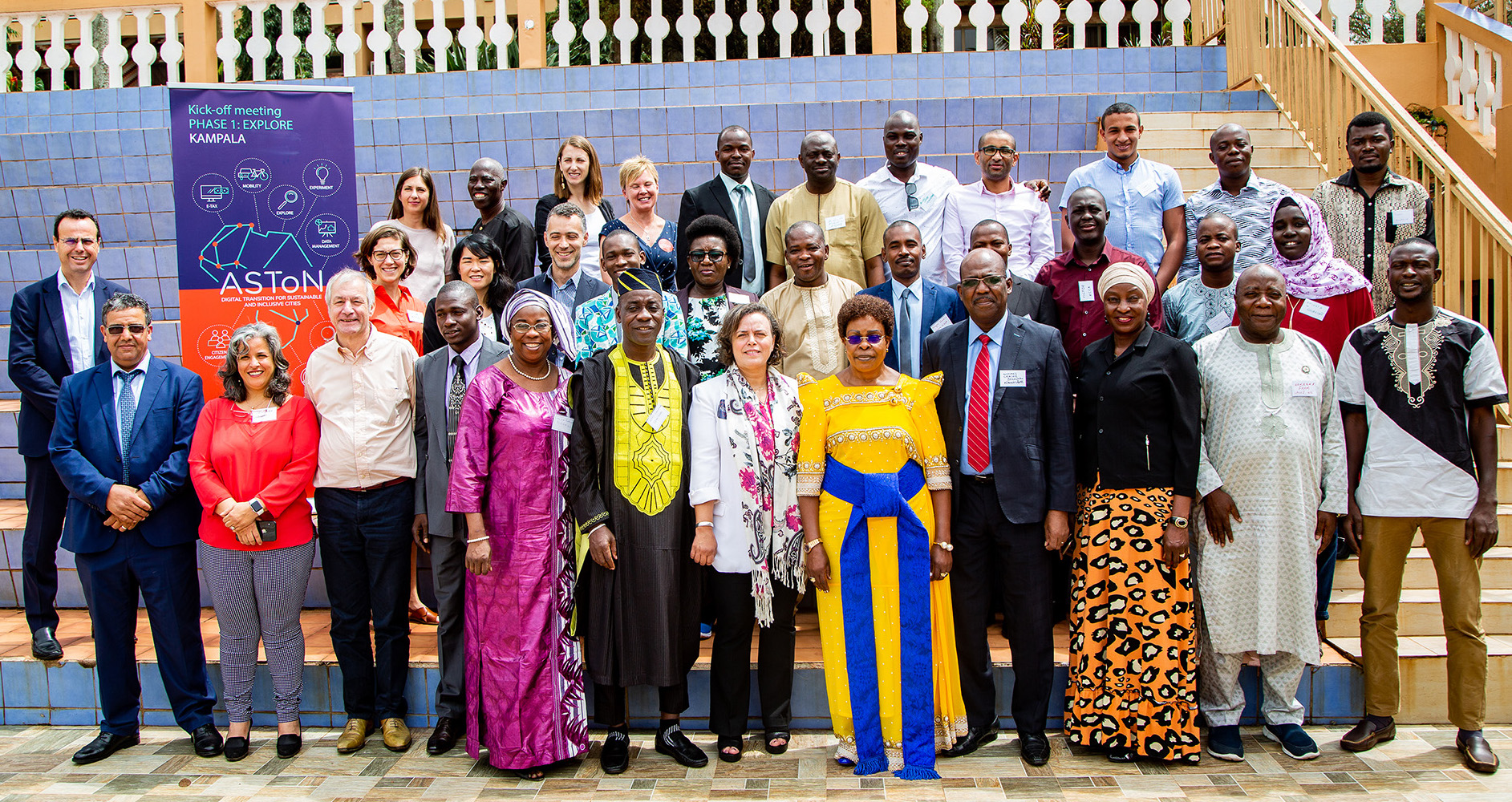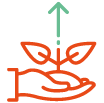About
ASToN was a network of 11 African cities developing digital practices tools and practices in order to create sustainable & inclusive cities
Who were we ?

ASToN was a flagship programme financed by the French Development Agency (AFD), managed by the French National Urban Renovation Agency (ANRU) and inspired by URBACT knowledge and tools. It ran from September 2019 to December 2023.
ASToN was a network of 11 African cities that used digital tools to overcome local and global challenges. Our hope was that by creating a cohort of cities collaborating, ASToN cities would become leading digital actors, faster, and in a way that was appropriate and sustainable for each own’s local context.
Through this project, we tried to support cities in finding their answers to some of these questions:
-How can a transition to digital technology improve the city for citizens and what should I be doing about it?
-How might we collaborate and learn together with other cities to make that transition more sustainable and faster?
-How can we make sure as cities that no one is left in the process and that digital transition is an inclusive process for all?
-Which digital experiments can I run that can have a positive impact on my city and citizens?
How did it work ?
Through peer exchange and learning, engaging our local stakeholders and taking a results-oriented approach, we made our cities more sustainable and inclusive places to live and work.
To do so, we drew our inspiration from the URBACT method and the results and conclusions of the AFD Smart City Guide. URBACT is a European cooperation programme for cities. For 20 years, URBACT has worked with more than 1000 cities in Europe building city-to-city cooperation networks. Through URBACT, cities developed tailor-made solutions to solve their local challenges.
 SHARINGTo foster the exchange of experiences among cities and identify good practices
SHARINGTo foster the exchange of experiences among cities and identify good practices LEARNINGTo strengthen the practical knowledge and skills of cities in the policy area related to the issues addressed by the network
LEARNINGTo strengthen the practical knowledge and skills of cities in the policy area related to the issues addressed by the network MAINSTREAMINGTo draw lessons from the exchange on an ongoing basis and to apply them at local level, especially through the production of the Local Action Plans
MAINSTREAMINGTo draw lessons from the exchange on an ongoing basis and to apply them at local level, especially through the production of the Local Action Plans SUPPORTINGTo support partners in improving their local policies and producing their Local Action Plans
SUPPORTINGTo support partners in improving their local policies and producing their Local Action Plans
Some key concepts :
- Integrated and sustainable urban development – this approach encourages the creation of jobs and growth while promoting a cohesive society and better environment.
- Local Action Plan – one of the key results from the involvement in ASToN. It sets a clear vision and a roadmap for each city to reach its objectives and overcome its challenges related to the specific digital topic they have chosen to work on.
- Local Action Group – were a fundamental building block of ASToN. Each city was required to set up a Local Group gathering key local stakeholders in order to co-produce city strategies and action plans. The group brought together all relevant stakeholders who had a stake in the policy challenge addressed by the city.
- Training and capacity building – Being an active partner in ASToN allowed cities to strengthen their competence in the field of integrated and sustainable urban development. ASToN was also a learning programme for all civil servants and stakeholders involved. Through the exchanges cities developped a better understanding and knowledge of the topic addressed locally. They built up professional skills in participatory action planning, while working with local stakeholders on the Local Action Plan. In addition to the network activities, ASToN offered jointly with URBACT regular training and capacity-building activities for partners and local stakeholders.
- Transnational exchange – ASToN cities encounters took many shapes and sizes.
What were the stages of realization ?
EXPLORE
Cities started involving local stakeholders and built up a picture of what it would take to make the changes they wanted, and what we would each need to do to achieve them.
< Sept 2019 – Jun 2020
ENGAGE
Besides the local work, we hold a series of transnational meetings, workshops and exchanges to share ideas and reflect on what we were learning. We looked into the skills needed for cities to succeed their digital transition and organised various trainings.
< Juil 2020 – Dec 2022
EXPERIMENT
< Dec 2021 – Jun 2022


